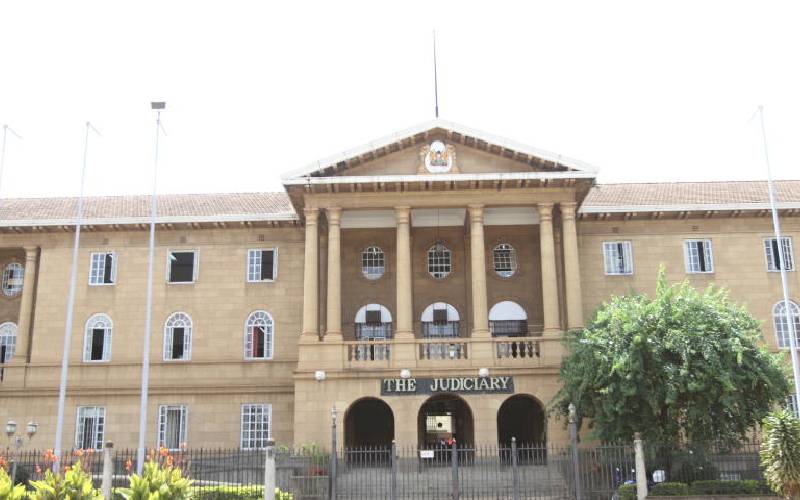×
The Standard e-Paper
Kenya’s Boldest Voice

A month into Covid, the President of the Court of Appeal William Ouko issued a guidance note on how court proceedings would be conducted during the global coronavirus pandemic that was just unravelling.
The whole process - from filing, fee payment, hearings and delivery of judgements - would now happen online in an unprecedented shift that was a culture shock to many at the time.